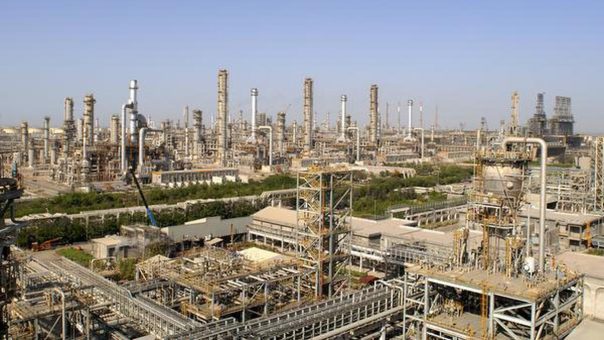By Irina Slav
Mexico’s state oil company Pemex said it produced an average 1.76 million bpd of crude in October, down 7 percent from October last year, Reuters reports, citing data released by the company. This is also one of the lowest monthly production rates since 1990 when records began.
The decline was attributed to the natural depletion of mature fields, highlighting the urgent need for new production in the country.
The outgoing government of Enrique Pena Nieto launched a sweeping reform in Mexico’s energy sector, one of its aims being to open up the local oil wealth to foreign operators in order to stem this decline in production.
The incoming government is currently reviewing oil contracts signed by the previous administration to make sure no corruption was involved in the deals.
Exports of crude also declined last month, and by a lot more than production. Pemex exported an average 1.03 million bpd, down by 25 percent from a year earlier. President-elect Andres Manuel Lopez Obrador earlier this year said Pemex should keep more crude for its refineries instead of exporting it to reduce Mexico’s dependency on imported fuels, but the country’s refining sector needs a lot of work to make this plan successful.
It was in October that Pemex’s refineries hit a record low utilization rate of 25.7 percent, according to an S&P Global Platts report, which also noted the causes of the drop included shortages of light crude and technical difficulties at some refineries. Pemex would need to upgrade its refineries to produce more gasoline to make local refining more profitable as currently its facilities produce a lot more fuel oil than would make economic sense.
Despite the problems, Obrador has ambitious plans, including an increase in crude oil production to 2.6 million bpd by the end of his six-year term in office and a lot more domestic refining.








